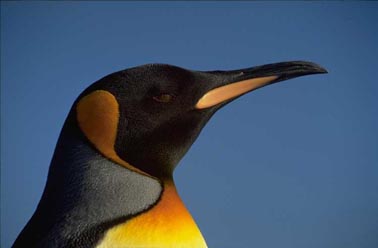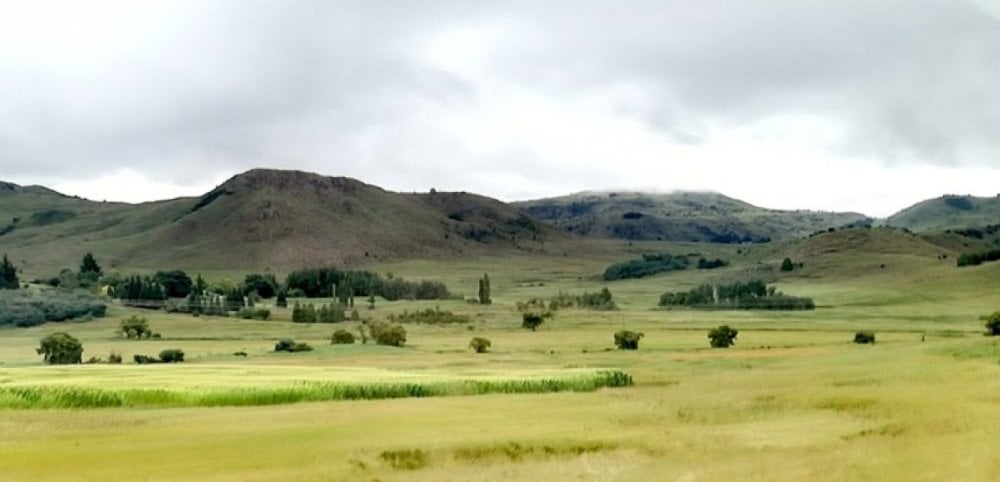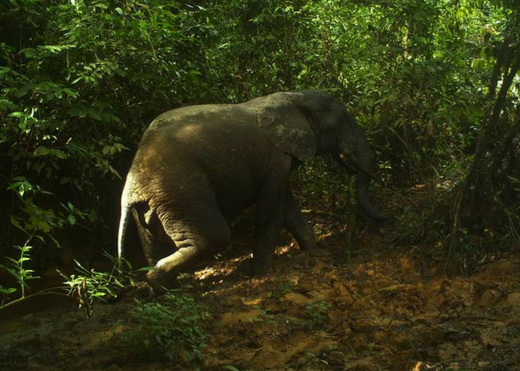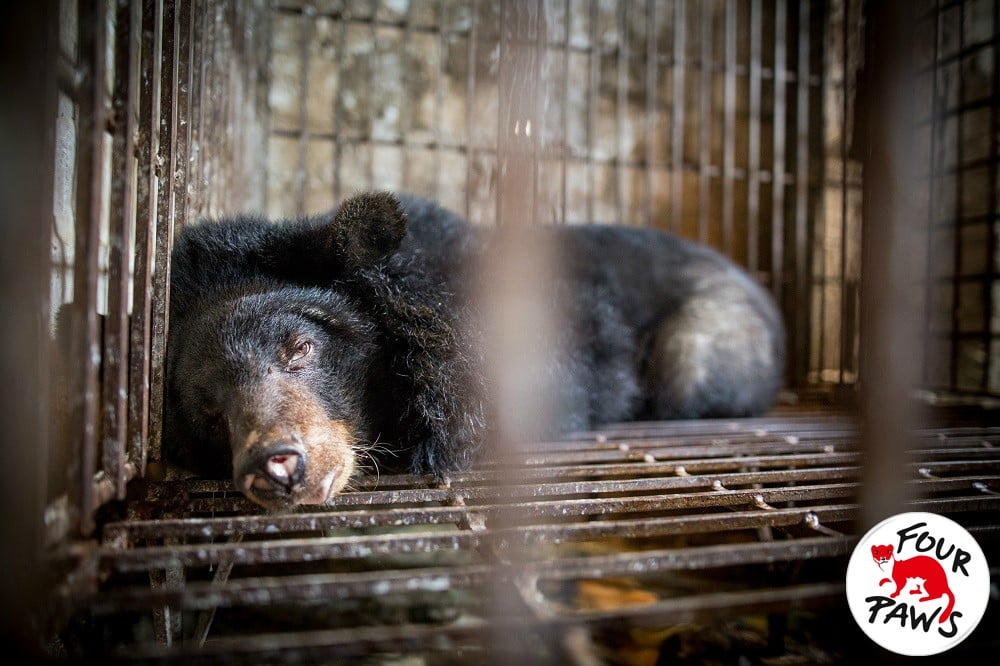Drones counting breeding pairs of penguins in the Falkland Islands
Posted on
 © Falklands Conservation |
Last year, I adopted a King Penguin from a scheme run by Falklands Conservation.
One of the great things about doing this is knowing that your penguin adoption is making a difference. And today, I received my Penguin Adopter's Newsletter.
The newsletter mentioned that they are using drones to count breeding pairs of penguins. Falklands Conservation think the drones have big potential for improving and enhancing their monitoring of penguins in the Falklands - the drones will give a permanent record of the colonies which can be referred to and re-analysed in the future.
Back in November 2016, they tested drones over the penguin colonies to see how they reacted to a drone over them. The penguins didn't react if the drone was launched at a afe distance away from them, and kept to a safe distance above them, so Falklands Conservation hope to develop guidelines for the safe use of drones with wildlife in the Falkland Islands. It's important that the drones are used correctly and safely and that they don't disturb wildlife so these guidelines should be very useful for tourists and any other drone users.


